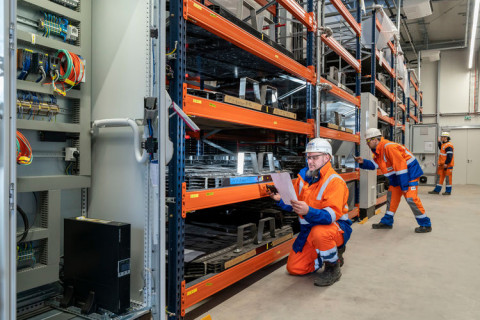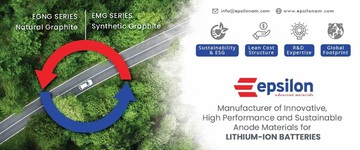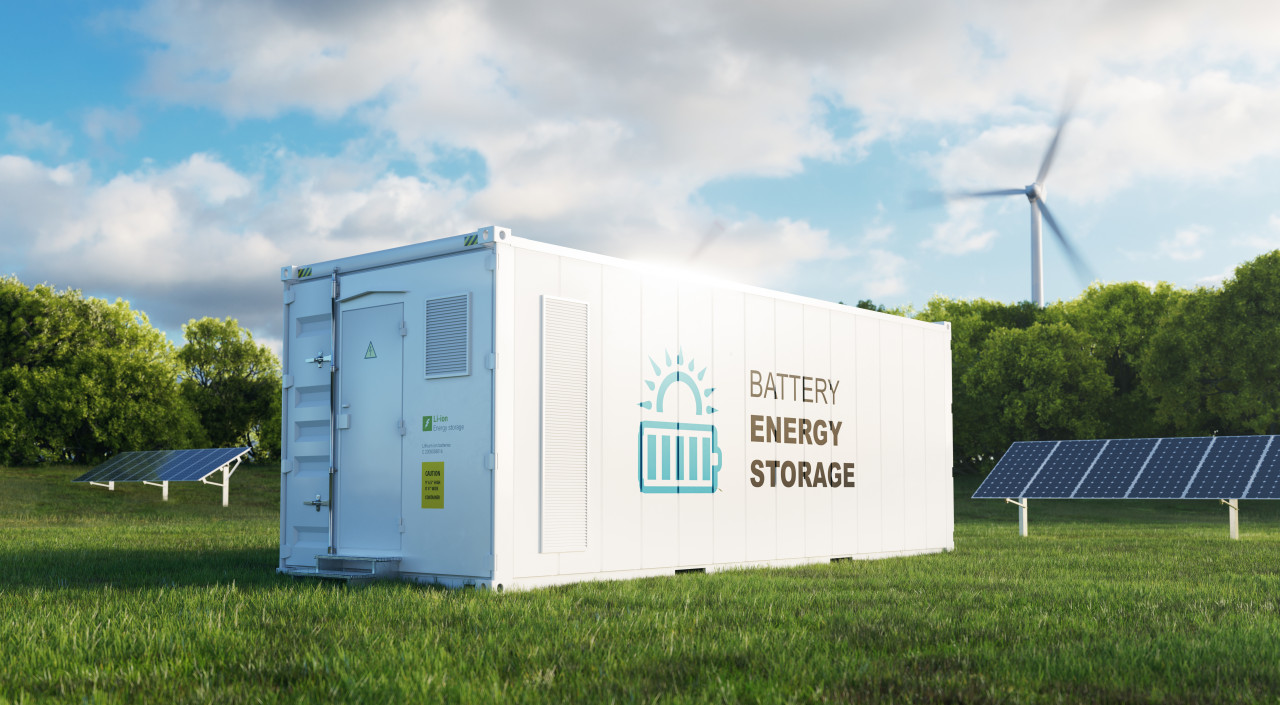RWE builds energy storage facility out of used Audi EV batteries
In an innovative effort towards sustainable energy storage, German energy firm RWE has commissioned an energy storage facility in Herdecke, Germany, that uses used lithium-ion batteries from Audi e-tron electric cars.
With the help of 60 decommissioned battery units having a residual capacity of more than 80 percent SoC, this new pilot project on the site of RWE's pumped-storage power plant on Lake Hengstey will be able to temporarily store around 4.5 megawatt-hours of electricity.
RWE has built a 160-square-meter hall in a lightweight design to house the battery modules, which weigh around 700 kilograms each. The installation of the battery systems inside the hall was completed in October last year, with trial operation starting the very next month.
Audi and RWE claim that 'second-life batteries' are perfect for use in stationary power storage systems. Depending on how they are used, these batteries still have up to ten years of remaining service life. Moreover, they are significantly cheaper than new cells, and the carbon emissions generated during battery production are sustainably distributed over two lifetimes, they add.
Roger Miesen, CEO of RWE Generation SE, comments, "Powerful battery storage plays an essential role in the energy revolution. Flexible storage technologies are needed to compensate for short-term fluctuations in renewable energy and to stabilize the grid. Battery storage systems are ideally suited for this purpose".
"Together with Audi, in Herdecke we're testing how end-of-life high-voltage batteries from electric cars behave as stationary energy storage devices when connected. The continued use of such 'second-life' storage is a sustainable alternative to brand-new batteries. The experience gained from this project will help us identify the applications in which we can most cost-effectively operate such battery systems", he adds.
The findings from this unique storage facility will help RWE build and operate larger storage facilities based on EV batteries in the future. These facilities use an innovative technology in which two modules are connected in series, increasing the operating voltage and reducing costs.
The company expects to begin marketing the storage capacity of its second-life battery storage system in early 2022 – initially to support the power grid as part of frequency maintenance.

























